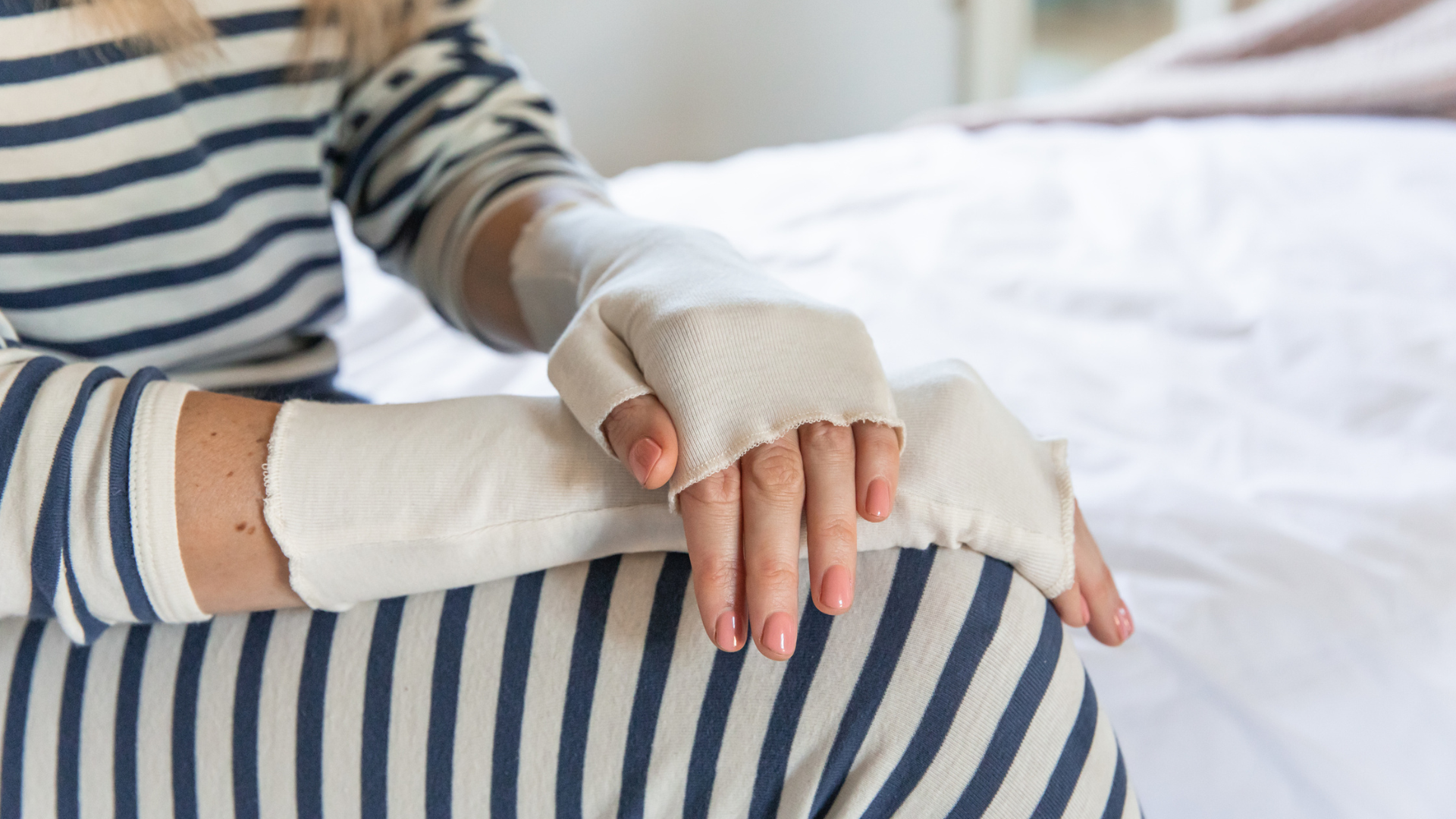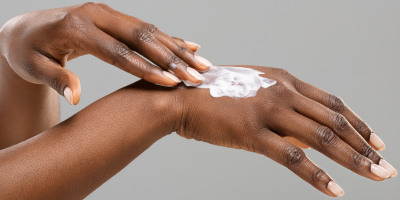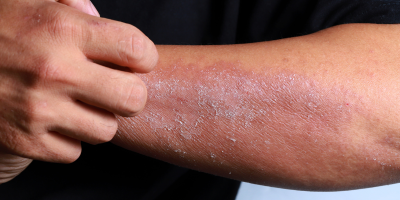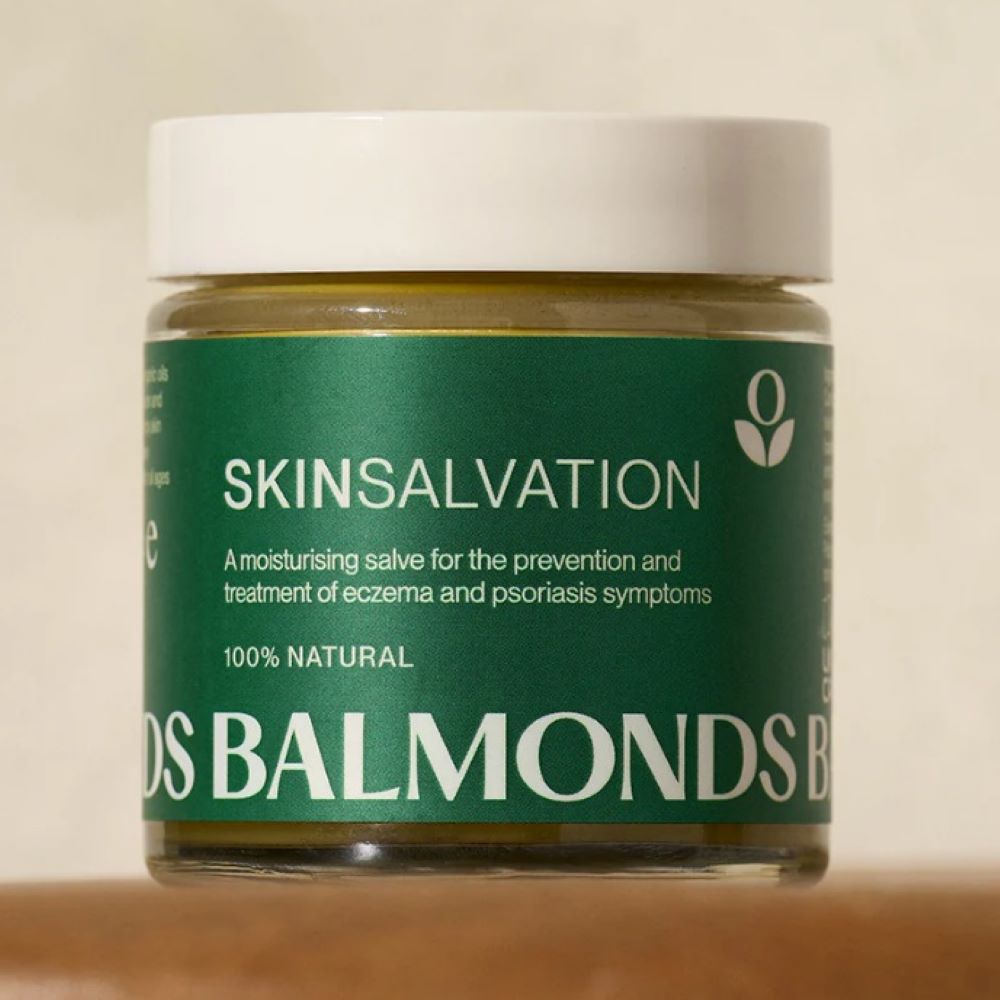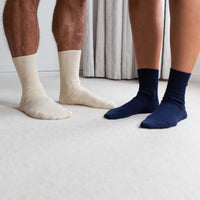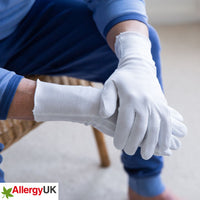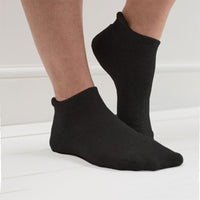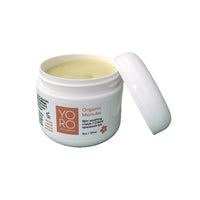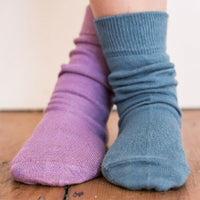What is Hand Eczema?
Hand eczema, also known as hand dermatitis, is a skin condition that causes inflammation, redness, dryness, and sometimes blistering or cracking. It can be triggered by a variety of factors, including irritants, allergens, genetics, and environmental stressors. If left untreated, it can interfere with daily activities and significantly impact quality of life.
What Causes Hand Eczema?
Hands are our most hardworking tools. They wash, scrub, type, chop, and carry – all while being exposed to soaps, cleaning products, allergens, and constant movement. And let’s be honest, since the Covid pandemic we are all obsessed with washing our hands. While cleanliness is essential, over-washing can strip the skin’s natural protective barrier, leaving it dry, irritated, and vulnerable to eczema flare-ups.
If you’re genetically prone to eczema, or if you have a history of asthma or hay fever (part of the so-called “atopic triad”), your skin is naturally more sensitive and less able to retain moisture, making it easier for irritants to do damage.
Our jobs and lifestyles can exacerbate our mitt problems. Healthcare workers, hairdressers, cleaners, and chefs all face relentless exposure to water, soaps, and chemicals, making flare-ups almost inevitable. On the flip side, gardeners (who wear gloves all day), artists, and office workers often have an easier time keeping their hands protected.
But eczema doesn’t discriminate. Even celebrities like Adele have spoken about suffering from hand eczema due to excessive hand sanitiser use.
The Weird One: Eczema on One Hand
One of eczema’s stranger quirks is its tendency to strike just one hand. This is usually due to repeated exposure – maybe you use your dominant hand for scrubbing dishes, handling chemicals, or even gripping your steering wheel. It can also be linked to jewellery, as rings can trap moisture and irritants against the skin.
The Hidden Toll of Eczema
Aside from the obvious discomfort, hand eczema can have a real impact on mental well-being. According to studies, visible skin conditions like eczema are linked to higher levels of anxiety, depression, and social withdrawal. It’s hard to feel confident when your hands – a part of you that’s always on display – are cracked and inflamed. And to make matters worse, stress itself is a known trigger for eczema. A cruel cycle, right?
How to Treat Hand Eczema: Effective Solutions for Relief
Managing hand eczema involves a combination of strategies that focus on soothing irritated skin, preventing flare-ups, and addressing the underlying causes. Here’s how you can effectively treat hand eczema and take control of your symptoms:
Moisturise Regularly
The cornerstone of eczema treatment is maintaining skin hydration. Dry skin is more prone to irritation and flare-ups. Use a thick, fragrance-free moisturiser that helps to lock in moisture and repair the skin’s barrier. Applying a generous amount after washing your hands and before bed is key to keeping your skin hydrated and preventing cracks.
Tip: Opt for creams or ointments rather than lotions, as they tend to be thicker and more hydrating.
Avoid Harsh Soaps and Chemicals
Soaps, detergents, and cleaning products can strip the skin of its natural oils, making eczema worse. Choose mild, fragrance-free soaps designed for sensitive skin. When cleaning or doing dishes, consider wearing rubber gloves to protect your hands from irritants and moisture loss.
Tip: Look for products with added moisturisers to help keep your skin barrier intact.
Use Steroid Creams or Topical Treatments
For moderate to severe eczema flare-ups, doctors often recommend topical corticosteroid creams. These can reduce inflammation, redness, and swelling. Be sure to follow your healthcare provider’s instructions on how often to apply and for how long.
Tip: Only use steroid creams as directed by a healthcare professional, as overuse can lead to thinning of the skin.
Wear Cotton Gloves
As simple as it sounds, organic cotton gloves can make a huge difference in treating hand eczema. They protect the skin from irritants, lock in moisture when worn overnight with a thick moisturiser, and help prevent scratching, which can worsen the condition.
Tip: Consider wearing gloves when applying topical treatments to enhance absorption and healing.
Avoid Triggers
Understanding and avoiding eczema triggers is crucial. Common triggers for hand eczema include allergens (like pollen, dust, or pet dander), harsh weather conditions (especially cold, dry air), and irritants like cleaning products, detergents, and fragrances. By identifying what aggravates your eczema, you can minimise exposure to these triggers.
Tip: Keep a diary of flare-ups to track potential environmental or lifestyle triggers.
Consider Wet Wrap Therapy
For more severe cases, wet wrap therapy can help manage hand eczema. This involves applying a thick layer of moisturiser or topical treatment to the affected area, followed by a wet dressing or cotton glove. The moisture helps the skin absorb the cream better and can reduce inflammation. This method is best done overnight or for a few hours during the day.
Tip: Always consult your doctor before trying wet wrap therapy to ensure it’s appropriate for your skin condition.
Take Back Control – One Hand at a Time
Eczema might be a lifelong condition, but it doesn’t have to control your life. The right habits – using gentle, fragrance-free products, moisturising religiously, and wearing cotton gloves for eczema – can make all the difference.
And if you haven’t tried cotton gloves yet, this might be the easiest and cheapest eczema fix you’ll ever find.
Your hands deserve better. Start protecting them today – check out our range of organic cotton gloves.

